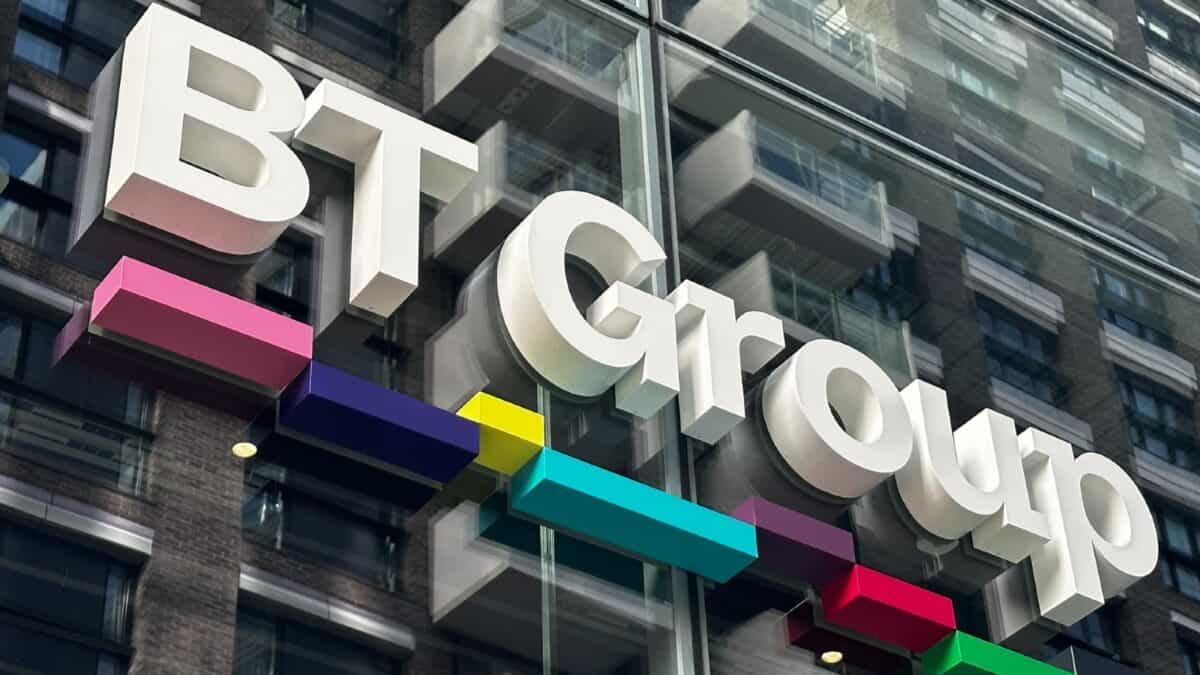It’s tempting for me to think that a low BT share price (LSE:BT.A) compared to historical levels could make for a profitable investment.
BT Group provides broadband, phone, TV, and mobile services to consumers primarily in the UK. It has an impressive 30% or so share of the UK broadband and mobile market.
However, with my trained eye, I can see the possible devil in the details here.
Why is the trend down since 2015?
Most notably, BT has had five years of declining revenue recently. Over time, its average compound annual revenue growth rate is only around 1%.
The management is struggling to drive growth and is facing intense competition from Vodafone and Virgin Group. These challenges are further exacerbated by high energy costs and the effects of the pandemic.
Additionally, BT is developing the UK’s broadband infrastructure. It is in the peak phase of its Fibre to the Premises build-out, which will facilitate ultra-fast broadband. This advancement is impacting the company’s financial performance but should contribute to long-term rewards.
The financials do not compel me
While I do think BT is an important UK business, the company’s financials do not draw me to invest.
Its main strengths lie in the current valuation. It has a strong price-to-earnings ratio of around 6.5, which is in the top 11% of 270 companies in the telecommunications industry.
While that is impressive, and I think it could mean a significant share price increase shortly, I’m still not convinced.
The company is currently carrying £24bn in debt as opposed to £4bn in cash. The debt level has always been quite high for BT, but in 2020 it shot way up to £26bn from £17bn in 2019.
Of course, the pandemic and its infrastructure build-out do warrant higher levels of debt. However, in conjunction with the other factors, it makes me hesitant to become a shareholder.
My future outlook
Over the next 10 years, I see two main positives for BT.
The first of these is the infrastructure growth of fibre broadband being completed, significantly increasing top-line revenue growth. I think this could send the share price significantly up.
The second is its stable and loyal customer base, with a wide range of products and services. This large ecosystem facilitates cross-selling.
I also see two main negatives for the company to contend with.
The first is debt management and the potential to take on even more debt to keep up with technology advancements. I think this could significantly hamper any revenue growth progress.
In addition, it’s still doubtful whether the management can improve the growth rates of the company significantly. To me, there isn’t clear evidence of a turnaround for the company’s revenue yet.
By weighing all of these opportunities, I’ve concluded that BT shares aren’t a top-class value opportunity to me.
I think the company is fundamental to the UK economy, but the shares wouldn’t be fundamental in my portfolio.








